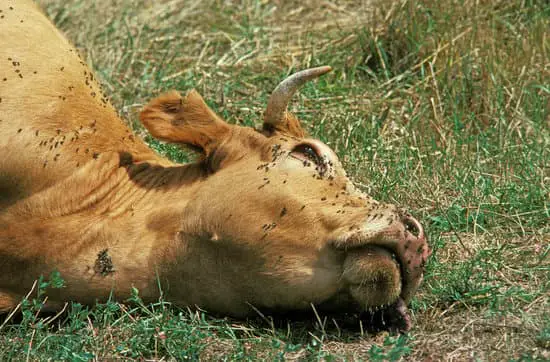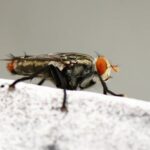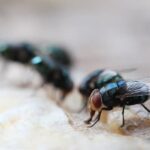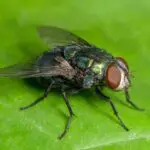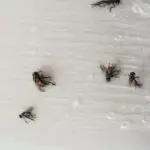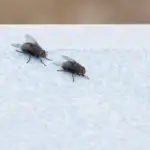What is the Purpose of Flies?
Unlike other insects, flies have two wings, a mobile head, and mouthparts designed for sucking, piercing, and lapping. Their legs are also equipped with pads and claws, making them capable of clinging to smooth surfaces. Flies go through a complete metamorphosis, or transformation from a single stage to a new form. Larvae, which lack true limbs, hatch from eggs laid by a female fly. They pupate and eventually emerge as an adult fly.
Flies play an important role in nature. Not only do they feed on pollen and nectar, but they also spread pollen and help fertilise the next generation of plants. While they may be nuisances to some, flies are essential to the health of our ecosystem. These insects are important to farmers and are crucial to the pollination of crops.
Flies play an important role in the decomposition of organic matter, and their decomposing activities contribute to the soil’s fertility. Flies help break down decayed matter, which releases nutrients and serves as food for fungi and bacteria. In addition, flies are beneficial to recycling organic materials.
Unlike mosquitoes, flies are beneficial in the environment because they help bacteria decompose dead matter. This increases the fertility of the soil, and they are also an important part of the food chain. In addition, some species of flies are a pest, which can spread disease and harm humans.
